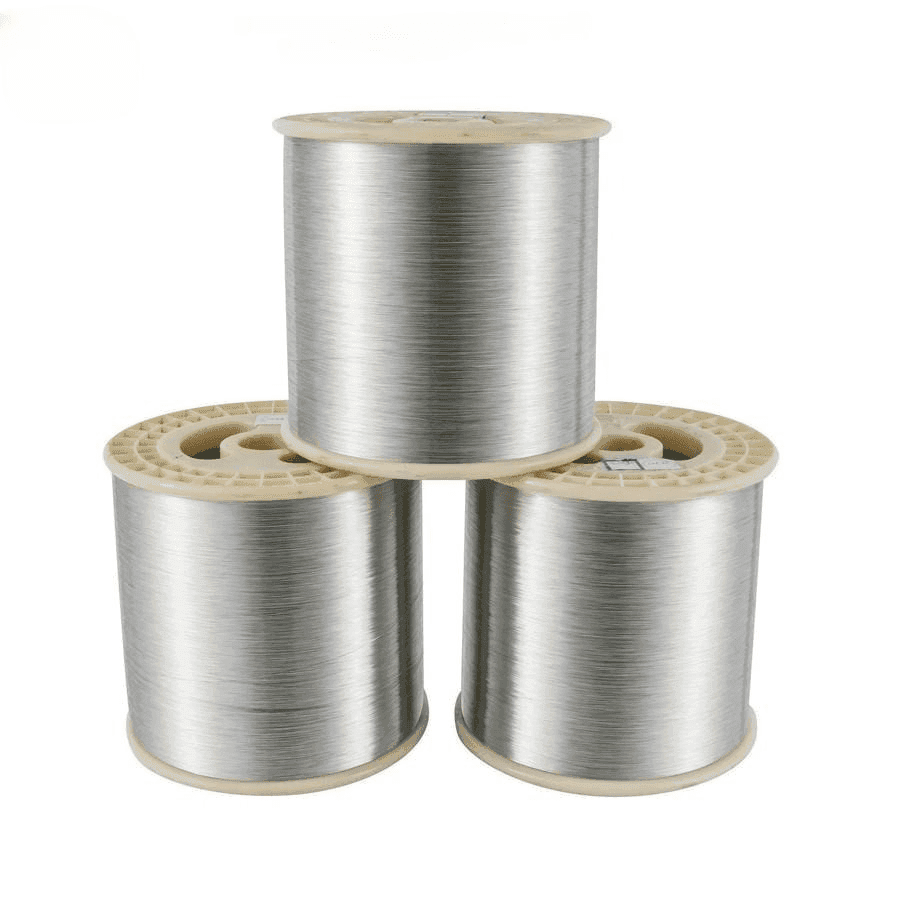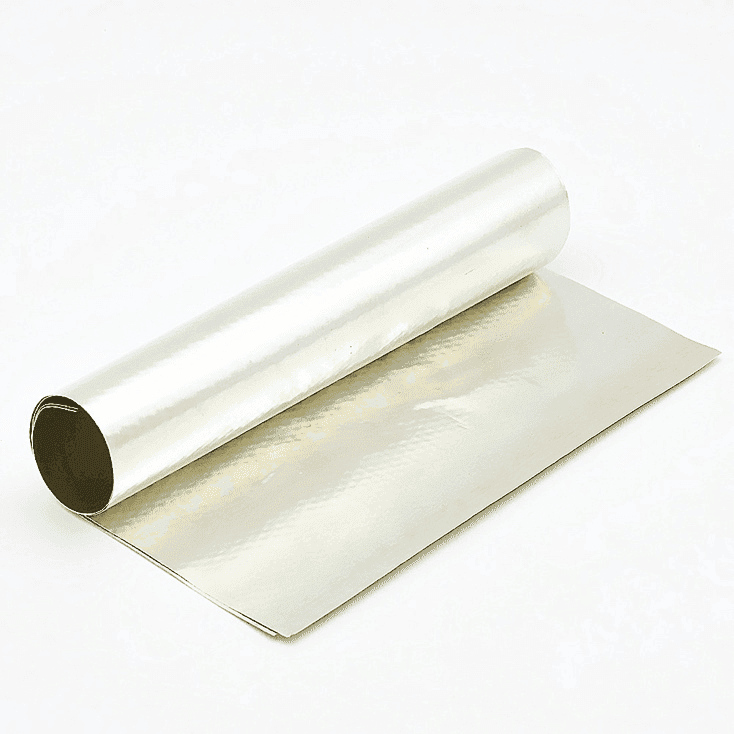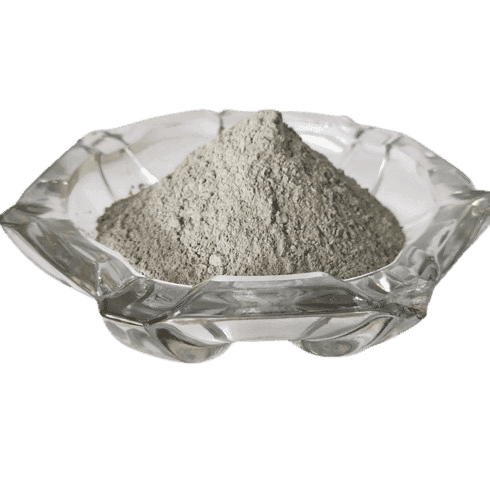Menu
MetalsTek Engineering is a trusted manufacturer and supplier of Tin Metal. We can provide high quality Tin Metal, such as Tin Powder, Tin Wire, Tin Sheet with short lead times and competitive prices.

Material: Tin, Sn
Purity: 99.9%~99.99%
Shape: Wire, Rod, Custom-made
Sizes: Diameter 0.6mm ~ 5.0mm
Applications: Lead-free Solder Wire

Material: Tin Lead Alloy
Compositions: Sn:Pb=60:40, 50:50, or Customized
Standard Sizes: 0.3mm~3.0mm, or Customized
Melting Point: 182-215℃

Material: Tin, Sn
Purity: 99.9%~99.99%
Shape: Foil, Sheet Plate, Bar, Custom-made
Sizes: Thickness 0.03mm ~ 10.00mm

Material: Tin, Sn
Purity: 99.9%~99.99%
Form: Micro Powder, Nano Powder, Spherical Powder
Size: Tailored Sizes
Tin Metal, with the chemical symbol Sn and atomic number 50, is a silvery-white, malleable, and relatively soft element that plays a crucial role in various applications. Tin is commonly found in nature as cassiterite (tin dioxide) and is extracted through reducing the oxide ore with coal in a furnace. This metal has a low melting point and a density of about 7.3 g/cm³, making it valuable for forming alloys with other metals like copper to create bronze, babbitt metal, pewter, and solders. Tin compounds are also used to produce chemicals such as organotin compounds for stabilizers and catalysts. Historically, tin has been essential in the production of bronze, which revolutionized civilizations during the Bronze Age by introducing new tools and weapons. Today, tin continues to be utilized in various industries for its unique properties and versatile applications.
Tin, with its versatile properties, finds diverse applications across various sectors:
Our Tin Metals are clearly labeled externally to ensure efficient identification and quality control. We take great care to prevent any damage during storage or transportation.